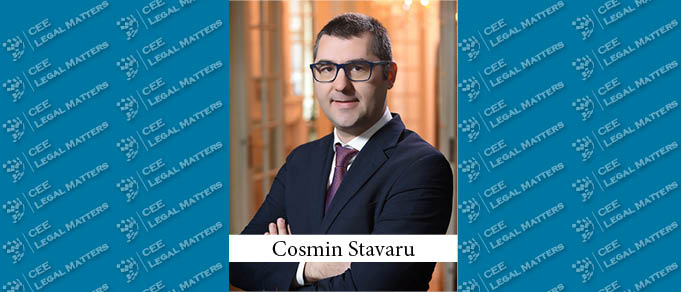On 22 September 2017 the public debate on the proposed amendments to the Serbian Companies Act (hereinafter: the “Act“) was initiated. The changes of the Act are expected to create conditions for further development of the concept of e-government, and are mainly focused on expediting the process of company registration and creating space for further europeanization of business environment in Serbia upon accession to the EU.
The announced changes will enable the industry to digitalize its business to a greater extent thus reducing the unnecessary bureaucratic procedures, and to achieve more efficient communication between the industry stake holders and the competent authorities. One of such changes pertains to the possibility for the founders of companies to be able to sign the Memorandum of Association of their companies by using an electronic signature. On the one hand, this will reduce the cost pertaining to the certification of signature with the public notary, and on the other – reduce the overall amount of time necessary for the registration of the company.
Other changes provided in the draft introduce the obligation for companies to register an email address, and pertain to further harmonization with regard to EU rules which refer to cross border mergers and acquisitions of companies, as well as the introduction of new EU law institutes into Serbian law – the European Company and the European Economic Interest Grouping.
All of these provisions, which will become applicable as of the accession of Serbia into EU, are meant to facilitate easier conducting of business between Serbian and European companies. The new rules on cross border M&A contain detailed instructions on conducting a merger or an acquisition between a Serbian and an European company – the mandatory content of an agreement on merger or acquisition, the procedure for adoption of the agreement, as well as employee participation in decision making regarding the M&A transaction.
The European Company (also known by its Latin name Societas Europaea or SE) is a type of public company regulated under EU law. The creation of the European Company Statute will mean in practice that companies established in more than one Member State will be able to merge and operate throughout the EU on the basis of a single set of rules and a unified management and reporting system. This avoids the need to set up a financially costly and administratively time-consuming complex network of subsidiaries governed by different national laws. In particular, there are advantages in terms of significant reductions in administrative and legal costs. In the proposed amendments to the Act, it is provided that the SE will be founded as a joint stock company, and one of the main benefits of forming this type of company is the easier procedure regarding the change of business seat of the company throughout the EU.
A European Economic Interest Grouping (EEIG) is a type of legal entity created under European Community (EC) Council Regulation 2137/85. It is designed to make it easier for companies in different countries to do business together, or to form consortia to take part in EU programmes. Under the proposed changes to the Act – EEIG is a legal entity formed between at least two companies, entrepreneurs, or other legal or natural persons carrying out agricultural activities, one of which is registered on the territory of Serbia and the other on the territory of another Member State. EEIG has its own legal form, and does not have a separate business activity, its main goal being to further the economic interests and activities of its members.
While it is premature to comment on its effects, the draft being still in the phase of public debate, it is safe to assume that the efforts regarding the introduction of concepts of e-government in the area of company registration will lead its greater efficacy. On the other hand, bearing in mind the delayed application of provisions pertaining to cross border M&A, SE and EEIG, their true effect on business environment in Serbia is yet to be seen.
By Milos Velimirovic, Partner, and Nevena Milosevic, Associate, Samardzic, Oreski & Grbovic





























